Human Activities Produce More Carbon Dioxide Emissions Than Do Volcanoes
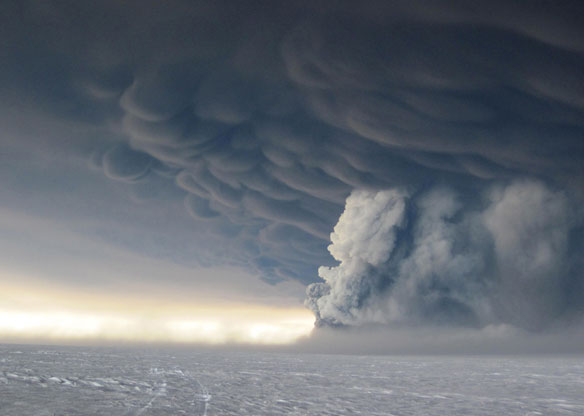
On average, human activities put out in just three to five days, the equivalent amount of carbon dioxide that volcanoes produce globally each year.
Climate change: How do we know?

The current warming trend is of particular significance because most of it is very likely human-induced and proceeding at a rate that is unprecedented in the past 1,300 years. In the meantime, the fate of the only international agreement that sets binding targets for curbing greenhouse gases is hanging by a thread…
Arctic Melt Raises Sea Levels and Reinforces Global Warming
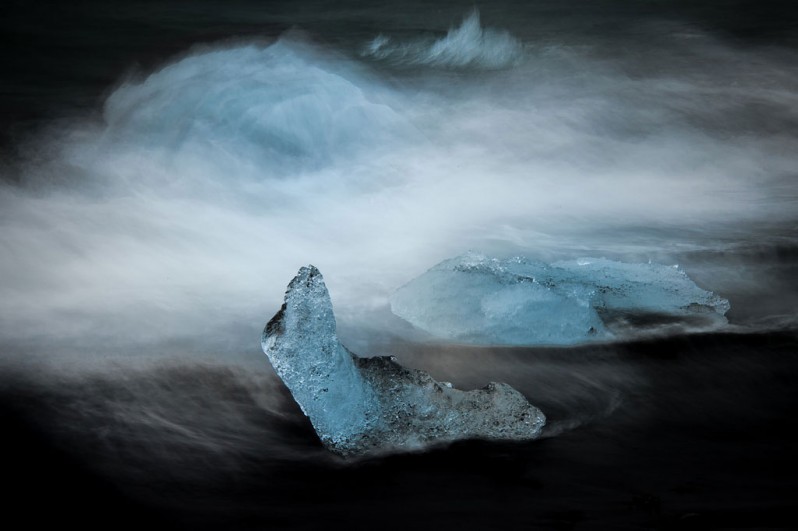
If you want to see global warming’s signature, look to the Arctic. Up north, the air is warming and the ice is melting. For two decades, scientists have predicted these things would happen as the Earth warms, and now we see that the Arctic is changing much as expected. Melting Arctic ice is also contributing significantly to sea level rise.
Salt Mapper For Climate Forecasts, NASA
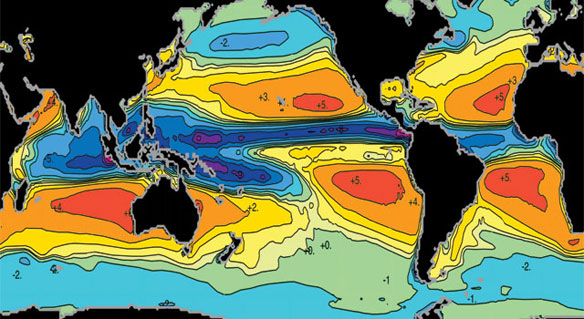
Today’s scientists have learned that they can harness salt- this invaluable mineral- to foresee the future of Earth’s climate.
Rising sea levels endangering Australia’s World Heritage-listed Kakadu wetlands
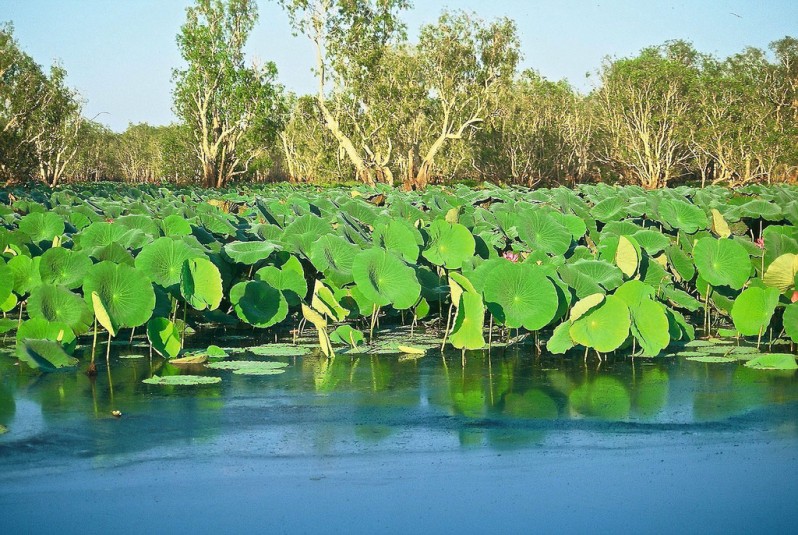
A study released by Australia Government, finds that Kakadu National Park, a protected northern territory, half the size of Switzerland, is one of Australia’s “natural ecosystems most vulnerable to the impacts of climate change”, with higher oceans being a “serious risk” to its ecosystem.
Climate Change Impacts in China
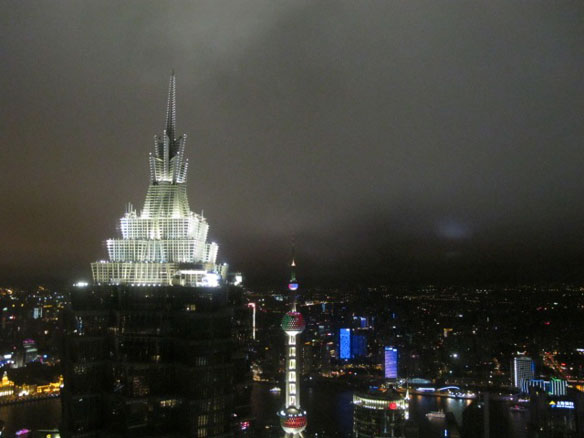
The received wisdom used to be that climate change would have relatively little impact on China. But that views seems outdated.
Australian Sea levels Set To Rise By Up To a Metre: Report
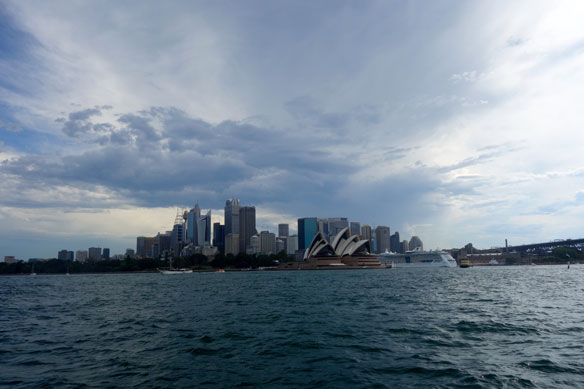
Sea levels will rise by more than three feet by the end of the century making severe coastal flooding a common factor of life in Australia if urgent action is not taken to limit climate change, a key report by a panel of climate scientists has found.
Seismic Shift? As Bahamas islands Sink, One Island Mysteriously Rises
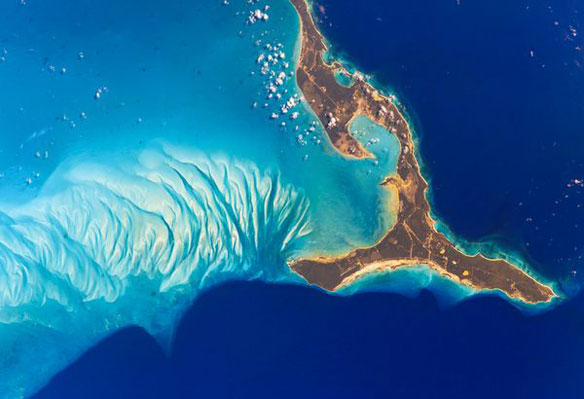
All the islands in the Bahamas were thought to be slowly sinking, but now scientists made a surprise discovery of recent tectonic activity in a region that was up to now considered stable, finding one quirky isle going against the crowd.
Seaports Need a Plan for Weathering Climate Change, Researchers Say

A warming planet means rising oceans, but the majority of seaports around the world are unprepared for the potentially damaging impacts of climate change in the coming century, according to a new Stanford University study.
